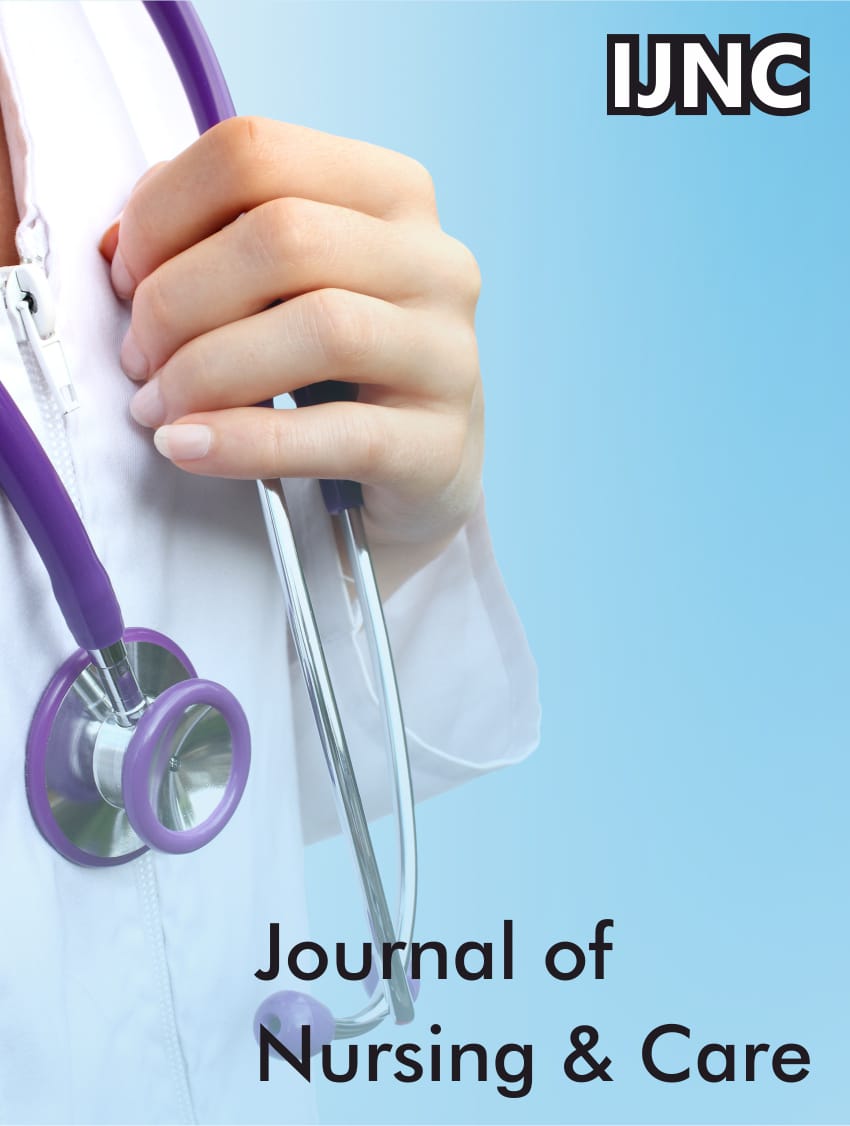 Opinion Article
Opinion Article
Nursing and Care: The Importance of Education
LaToya Phillips, Department of Nursing, Albany State University, USA.
Received Date:Sep 01, 2022; Published Date: Sep 23, 2022
Nursing and Care
Nursing is a noble profession. A profession where lives are touched in positive mannerisms to promote healing. A profession in which the most substantial award is knowing a life has been saved or a role was played in preventing a demise. These acts come with special knowledge and skill sets that are pertinent to delivering quality care to patients. Nursing is ever- evolving. To stay abreast of the many changes and challenges in healthcare, it is important for the nurse to engage in the life-long learning process. There are many different facets of learning in nursing. Each facet helps the nurse to stay engaged and responsible for their contribution in the quality and professional level of care that is provided to their patient. Learning institutions such as hospitals and universities are implementing various learning modalities to help the nurse remain knowledgeable and current. Some of the learning platforms include simulations, continued education, and specialty certificates.
Nursing simulation labs can be seen in many different healthcare agencies including hospitals and universities. The simulations allow the nurse to engage in various scenarios and employ their critical thinking skills while doing so. Placed together, the nurse is learning new ways to provide care to patients in different and challenging situations. There are different types of healthcare simulations: mannequins, task trainers, simulated patients, and virtual reality [1]. Utilizing these different types of simulations can play a pivotal role in providing effective patient care and nursing care outcomes. Some examples of positive patient care/nursing care outcomes include maintaining safety, in particular, decreasing med errors and delivering medical procedures effectively. Knowing what to do in situations promotes esteem, knowledge, a feeling of comfort, a sense of familiarity and professionalism when providing care.
Continued education is a requirement in healthcare settings. Continuing education hours can be achieved virtually or in person. Acquiring these hours allows an individual to maintain or acquire licensures and develop professionalism. This type of education increases the nurse’s knowledge of new practices and changes in healthcare, technology, procedures, and guidelines [2]. In addition, being a lifelong learner enriches knowledge, and improves productivity and quality of care. Dependent upon the specialty area of nursing one is employed, having a certification in the area promotes expertise and competence. With expertise and competence quality patient care can be delivered. Patients may also feel relieved in knowing they are being taken care of by someone who is qualified and knowledgeable. Nursing and the care provided are ever-changing. The type of care provided to patients can greatly be impacted by engaging in a multitude of different learning platforms. Participating in simulations, acquiring certifications, and becoming long learners through other educational means are just a small portion of what it takes to develop the necessary skills needed to deliver quality patient care. Once learning is enriched and skills are developed better patient care outcomes are to follow and a sense of professionalism and esteem are born.
Acknowledgement
None.
Conflict of Interest
Author declare no conflict of interest.
References
- Lopreiato J (2017) How Does Health Care Simulation Affect Patient Care. Agency for Healthcare Research and Quality.
- Lera M, Taxtsoglou K, Iliadis C, Frantzana A, Kourkouta L (2020) Nurse’s Attitudes Toward Lifelong Learning via New Technologies. Asian Pac Isl Nurs 5(2): 89-102.






